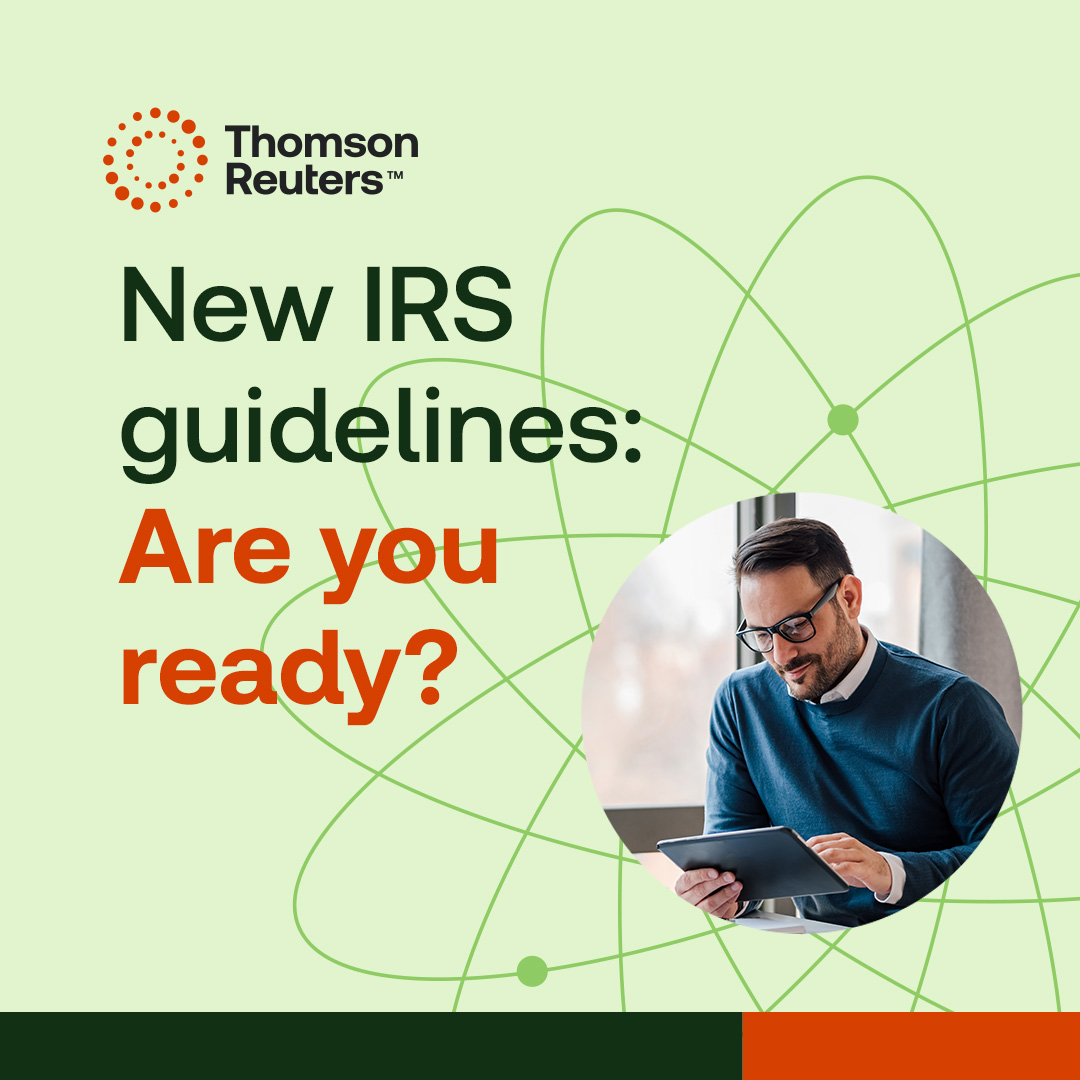With digital assets gaining ground in financial markets, the IRS has implemented new regulations to ensure proper reporting of these transactions. This marks a pivotal shift for tax and accounting professionals, fundamentally altering how digital asset transactions, including cryptocurrency, are tracked and reported for tax purposes.
For accountants, the new digital asset reporting regulations will likely generate a surge in client inquiries, making it critical for firms to be fully prepared. Beyond compliance, mastering the nuances of digital asset reporting offers firms an opportunity to stand out as trusted advisors in the fast-evolving landscape.
Jump to ↓
| A shift in digital asset reporting |
| Developing a digital asset advisory framework |
A shift in digital asset reporting
Under the new IRS digital asset reporting rules, brokers are required to report gross proceeds from digital asset sales and provide tax basis information. This includes filing Form 1099-DA for specific transactions. These regulations apply to custodial brokers, hosted wallet providers, and payment processors, but exclude decentralized brokers who do not take possession of assets. Assets such as cryptocurrencies, nonfungible tokens (NFTs), and stablecoins fall within the scope of these requirements.
The complexity of digital asset taxation positions accountants as indispensable resources for clients. By understanding these regulations thoroughly, your firm can foster deeper relationships and move from transactional compliance work to a proactive advisory role.
For example, advising a client on how to strategically sell a tokenized asset to minimize taxes could save them thousands, cementing your firm’s value beyond tax preparation. Similarly, insights into the implications of dual classification assets or real estate deals involving digital assets can help clients navigate uncharted territory with confidence.
Let’s take a look at how your firm can help clients understand their digital asset reporting obligations and optimize their financial strategies.
1. Broker and reporting definitions
By understanding which entities qualify as brokers and the extent of their obligations, your firm can guide clients on the specific details required for Form 1099-DA filings. Familiarize yourself with the broad definition of digital assets under the regulations as well to ensure you can identify taxable transactions for clients. Use that expertise to educate clients on the different types of brokers and transactions that trigger reporting requirements, such as sales for cash, digital asset exchanges, or certain payment processor activities.
2. Digital asset reporting support
Many clients, especially those with extensive digital asset holdings, may struggle with the detailed record-keeping these regulations demand. Consider offering tailored services for reconciling transaction histories, calculating adjusted bases, and preparing Form 1099-DA filings.
3. Digital asset tax planning
Clients engaging in digital asset transactions often need guidance on tax-efficient strategies. For instance, advice on holding periods to qualify for long-term capital gains rates or strategies to minimize taxable events can save your clients money while deepening trust in your expertise. In addition, offering insights on specific situations, such as NFT transactions or stablecoin trades, can set your firm apart as a specialist in this evolving field.
4. Real estate and digital asset transactions
As digital assets become a medium of exchange in real estate, accountants can assist clients with accurate reporting of fair market values, helping both buyers and sellers navigate this niche.
5. Optional reporting methods
Inform your clients about the optional aggregate reporting methods available for stablecoins and NFTs, which can simplify their compliance process if certain thresholds are met.
Developing a digital asset advisory framework
While the immediate focus is on compliance with the 2025 and 2026 deadlines, the broader trend toward digital asset regulation is clear. Firms that invest in strengthening their expertise now will be well-positioned as digital assets continue to integrate into mainstream finance. By offering services such as tax planning, reporting assistance, and financial strategy, your practice can stay ahead of competitors who are slower to adapt.
Additionally, as regulations evolve, staying abreast of changes ensures your firm remains a go-to resource. Whether it’s helping clients understand new exemptions, managing the complexities of staking transactions, or advising on IRS notices, your forward-thinking expertise will differentiate your services.
If you’re ready to seize the opportunity to deliver higher-value advisory services for digital asset reporting, act now to harness your expertise and align your firm’s business model for long-term profitability. Tools like Practice Forward can guide your firm in structuring these services effectively and ensure you are compensated for your expertise, all while building stronger client relationships. Don’t wait—invest in the future of your firm today.
 |
|







